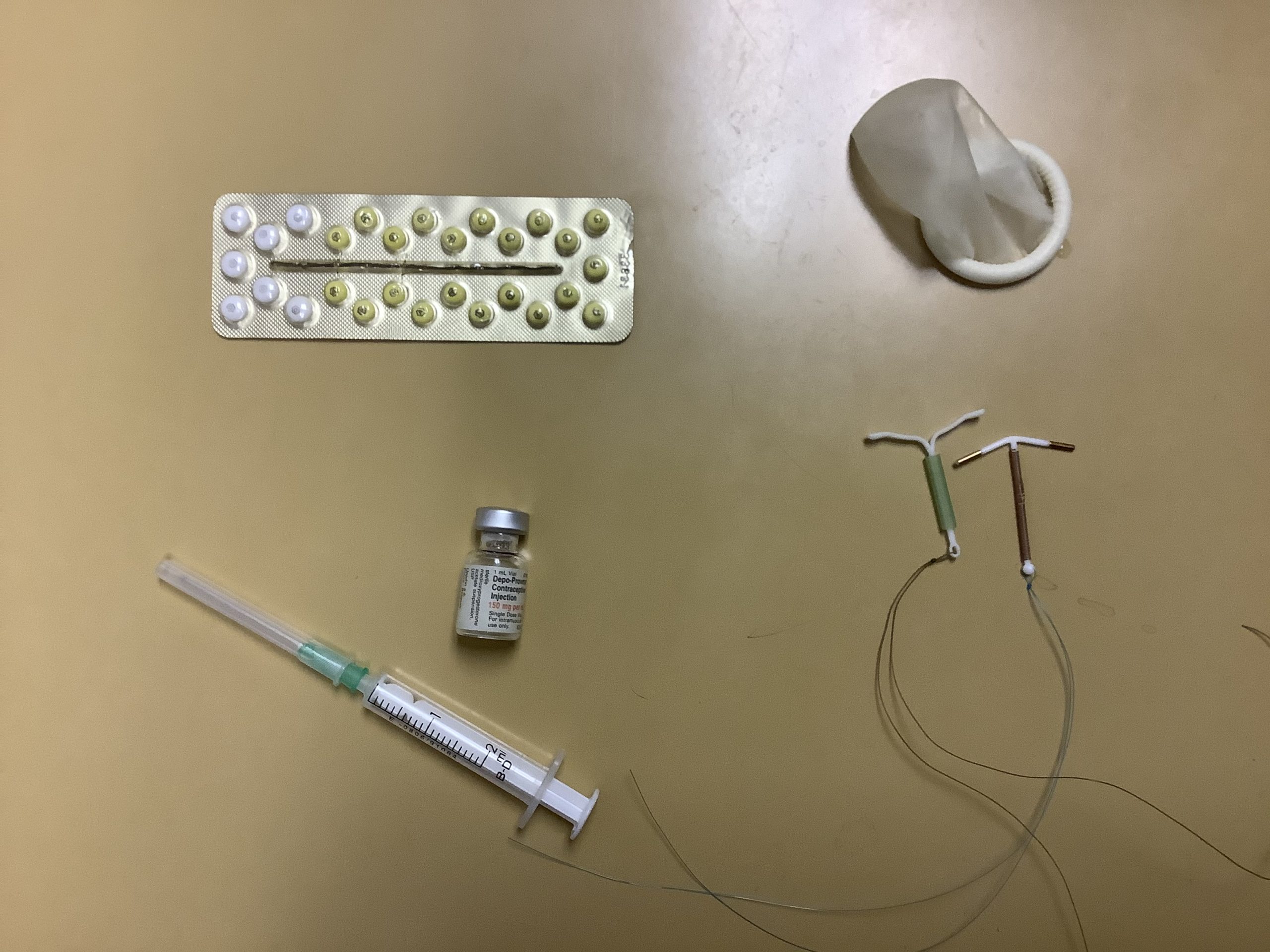Will use of contraception reduce the subsequent chance of pregnancy?
Use of contraception allows women to decide when they can have children and how many children they wish to have. However, there are many misconceptions about use of contraception, affecting women to continue use of contraception. One of the misconceptions is the possibility of reduced chance of pregnancy after the contraception is stopped. A recent paper published in British Medical Journal quantified the delay in return of fertility after use of a variety of contraceptive methods.
This paper pooled data from three prospective cohort studies of 17 954 women planning pregnancies in Denmark and the USA. The women were followed for 12 months. Categories of contraception included barrier methods (condoms, diaphragm, sponge, foam jellies, creams, and suppositories), oral contraceptives (progestin only and combined), hormonal intrauterine devices, copper intrauterine devices, patches, injectable contraceptives, vaginal rings, implants, and natural methods.
Women who had recently stopped using oral contraceptives, the contraceptive ring, and some long acting reversible contraceptive methods experienced short term delays in return of fertility compared with users of barrier methods. Users of injectable contraceptives had the longest delay in return of normal fertility (5-8 menstrual cycles), followed by users of patch contraceptives (4 cycles), users of oral and ring contraceptives (3 cycles), and users of hormonal and copper intrauterine devices and implant contraceptives (2 cycles).
Use of some hormonal contraceptive methods may cause delays in return of fertility but there is no lasting effect of long term use of these methods on fecundability. The results are very reassuring. Women can be counselled that use of various contraceptive methods will not reduce the subsequent chance of pregnancy.
Professor Ernest Ng
https://www.bmj.com/content/371/bmj.m3966


 繁體中文
繁體中文